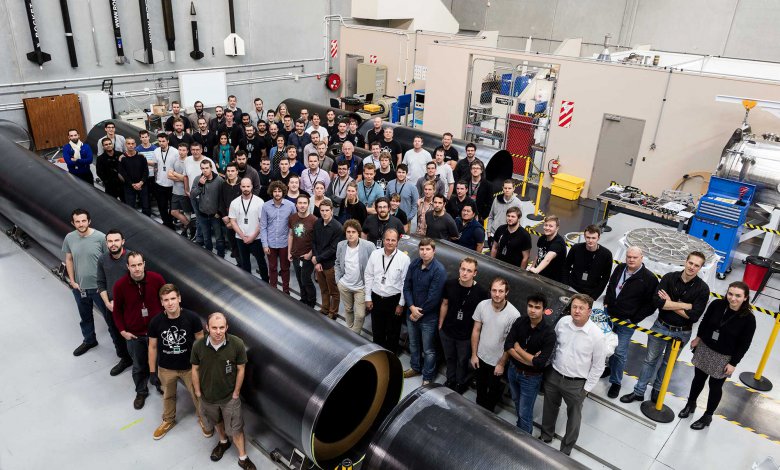Rocket Lab, the startup looking to disrupt the commercial satellite launch market using its small launch vehicle christened ‘Electon’, has raised $75 million in its Series D round of funding. The round was led by Data Collective, with participation from Promus Ventures, Bessemer Venture Partners, Khosla Ventures, and K1W1.
As of part of this funding round, Matt Ocko, co-managing partner at Data Collective will be joining Rocket Lab’s board of directors.
With this round, the company’s valuation has rocketed to around $1.4 billion, making its the latest startup to join the ‘Unicorn’ club. Also, the funding round brings the total amount raised by the company so far to $210 million.
The funding will be used by the company to expand manufacturing facilities in California and New Zealand. It will be utilized for the manufacturing of Rocket Lab’s small launch vehicle, known as Electron. Peter Beck, CEO of the company, said,
The new funding will enable us to scale up production of Electron to meet the continued high demand we’re seeing from the growing small-satellite industry.
He also said that it had been a big year for the company, which last month transported its first space vehicle from Auckland to a remote launch site at the tip of Mahia Peninsula in northern Hawke’s Bay.
The vehicle — Electron — uses Rocket Lab’s 3D-printed Rutherford engines for its main propulsion system, and is designed to put satellites weighing about 150 kilograms into orbits 500 kilometres above Earth. Its customers will be able to use the satellites in space to provide services such as optimised crop monitoring, improved weather reporting, “internet from space”, natural disaster prediction, and search and rescue services.
It further says that Electron can be manufactured at a rate of one per week and will sell for $4.9 million per flight. Rocket Labs has already signed on customers such as NASA, Planet, Spire, and Moon Express. In September, it completed its launch site and the Rocket Lab’s launch range, licensed to launch every 72 hours for the next 30 years.
The company has also announced that is moving into a new Los Angeles facility, where it had been headquartered since 2013, as well as expanding its engineering and business units in both the United States and New Zealand.
While the market for commercial launching of satellites is currently small, it is expected to grow in the upcoming years. It has already become competitive with billions of dollars being invested in private companies like SpaceX and OneWeb Satellites, and Government organisations like India’s ISRO, banking upon the same, with their ability to launch satellites at a fraction of the cost charged by western space agencies and companies.





